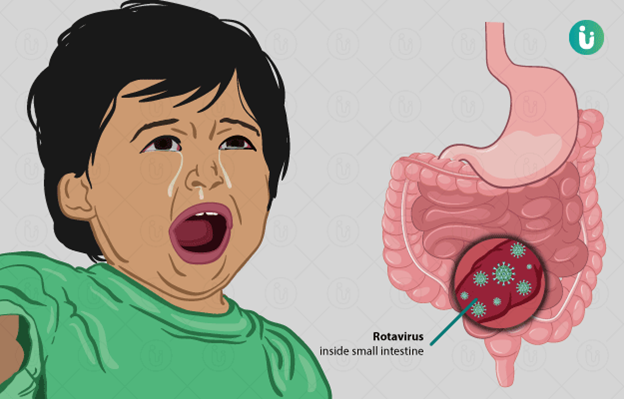The diet of a child with nephrosis usually includes which requirement?
High protein.
Low fat.
Salt restriction.
High carbohydrate.
The Correct Answer is C
The correct answer is choice C: "Salt restriction."
Choice A rationale:
The requirement of a high protein diet is not typically indicated for a child with nephrosis. Nephrosis, a condition characterized by excessive protein in the urine, indicates a need to reduce protein intake to alleviate kidney stress and proteinuria.
Choice B rationale:
A low fat diet is not a specific requirement for a child with nephrosis. The focus in nephrosis is primarily on protein and salt intake rather than fat content.
Choice C rationale:
Salt restriction is the correct requirement for a child with nephrosis. Nephrosis often leads to fluid retention and edema due to impaired kidney function. Restricting salt intake helps to reduce fluid retention and manage blood pressure.
Choice D rationale:
A high carbohydrate diet is not commonly prescribed for a child with nephrosis. While carbohydrates are a source of energy, they are not a primary consideration in managing nephrosis. The emphasis is more on protein and salt intake.
Nursing Test Bank
Naxlex Comprehensive Predictor Exams
Related Questions
Correct Answer is A
Explanation
The correct answer is choice A: Rotavirus.
Choice A rationale:
Rotavirus is a viral pathogen that frequently causes acute diarrhea in young children. It is highly contagious and is responsible for a significant portion of severe diarrhea cases worldwide. Rotavirus infections are most common in infants and young children, and they can lead to dehydration, especially in developing countries where access to clean water and proper sanitation might be limited.

Choice B rationale:
Salmonella organisms can cause food poisoning and gastrointestinal infections that lead to diarrhea. However, they are more commonly associated with bacterial infections rather than viral-induced acute diarrhea.
Choice C rationale:
Shigella organisms are also bacterial pathogens that cause diarrhea, specifically bacillary dysentery. While they can cause severe diarrhea, they are not the viral pathogen typically responsible for acute diarrhea in young children.
Choice D rationale:
Giardia organisms are parasites that can cause gastrointestinal infections leading to diarrhea. However, they are not viruses, and they are less commonly associated with acute diarrhea in children compared to rotavirus.
Correct Answer is D
Explanation
The correct answer is choice D. "Currant jelly" stools.
Choice A rationale:
Loose, foul-smelling stools are not characteristic of intussusception. Intussusception is a condition in which a part of the intestine invaginates into another part, causing obstruction. This obstruction often leads to "currant jelly" stools, which are composed of mucus, blood, and sloughed intestinal tissue. Loose stools might be associated with other gastrointestinal issues but are not a hallmark of intussusception.
Choice B rationale:
Ribbon-like stools are characteristic of intussusception. When a section of the intestine telescopes into another section, it can cause the stool to be squeezed into a ribbon-like shape as it passes through the narrowed portion. This description aligns with the pathophysiology of intussusception.
Choice C rationale:
Hard stools positive for guaiac indicate the presence of blood in the stool, but this finding is not specific to intussusception. Guaiac testing detects occult blood, which could be present in various gastrointestinal conditions, including bleeding ulcers or diverticulitis, and not exclusively in intussusception.
Choice D rationale:
"Currant jelly" stools are characteristic of intussusception. As mentioned earlier, these stools are the result of the obstruction and subsequent damage to the intestinal lining, leading to the presence of blood, mucus, and sloughed tissue. This description is a classic sign of intussusception and should raise suspicion for this condition.
Whether you are a student looking to ace your exams or a practicing nurse seeking to enhance your expertise , our nursing education contents will empower you with the confidence and competence to make a difference in the lives of patients and become a respected leader in the healthcare field.
Visit Naxlex, invest in your future and unlock endless possibilities with our unparalleled nursing education contents today
Report Wrong Answer on the Current Question
Do you disagree with the answer? If yes, what is your expected answer? Explain.
Kindly be descriptive with the issue you are facing.
